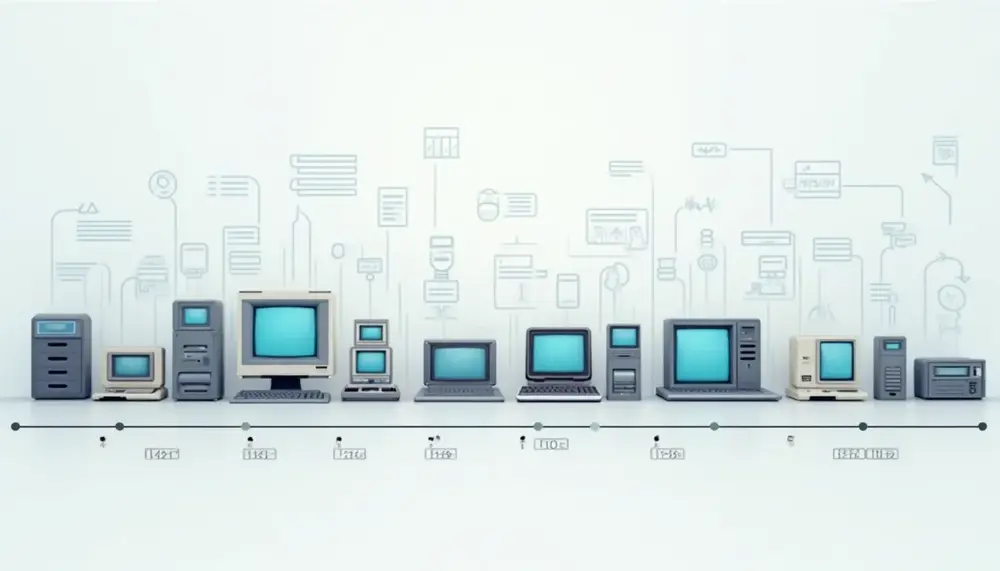Posts on the Topic Efficiency

Yammer and MS Teams are vital for collaboration, but users often waste time searching for information; implementing structured tagging and knowledge repositories can enhance productivity. Emphasizing conversational knowledge fosters innovation and engagement by capturing valuable insights from informal interactions....

The BCA curriculum on Knowledge Management equips students with essential skills to leverage knowledge as a competitive advantage, covering key concepts, tools, and strategies for effective management. It emphasizes practical applications and the importance of fostering collaboration and innovation within...

Effective Knowledge Management in ServiceNow enhances efficiency and self-service rates by providing a centralized knowledge base, promoting user accountability, and improving information quality. This integration not only reduces dependency on IT support but also fosters proactive problem-solving within organizations....

Information management systems are crucial for enhancing efficiency and decision-making in supply chains by providing real-time data, automating processes, and fostering collaboration among stakeholders. They enable organizations to adapt quickly to market changes while managing risks effectively....

Knowledge Management (KM) is crucial for organizations to effectively create, share, and utilize knowledge, enhancing efficiency, innovation, and decision-making while fostering collaboration. Implementing KM strategies can lead to significant benefits such as improved customer service and cost reduction but may...

Management Information Systems (MIS) integrate data, technology, people, and processes to enhance decision-making and organizational efficiency, evolving from manual systems to advanced cloud solutions. Their development reflects technological advancements that have transformed business strategies while presenting challenges like implementation costs...

Knowledge sharing is vital for organizational success, fostering collaboration, innovation, and resilience by bridging individual expertise with collective intelligence. It enhances decision-making, reduces knowledge loss, supports personal growth, and drives efficiency through the effective exchange of explicit and tacit knowledge....

Knowledge sharing and collaborative innovation are essential for organizational success, fostering creativity, better decision-making, and efficiency through open communication. By implementing supportive tools and cultivating a knowledge-sharing culture, companies can enhance collaboration, accelerate development, and drive long-term growth....






























